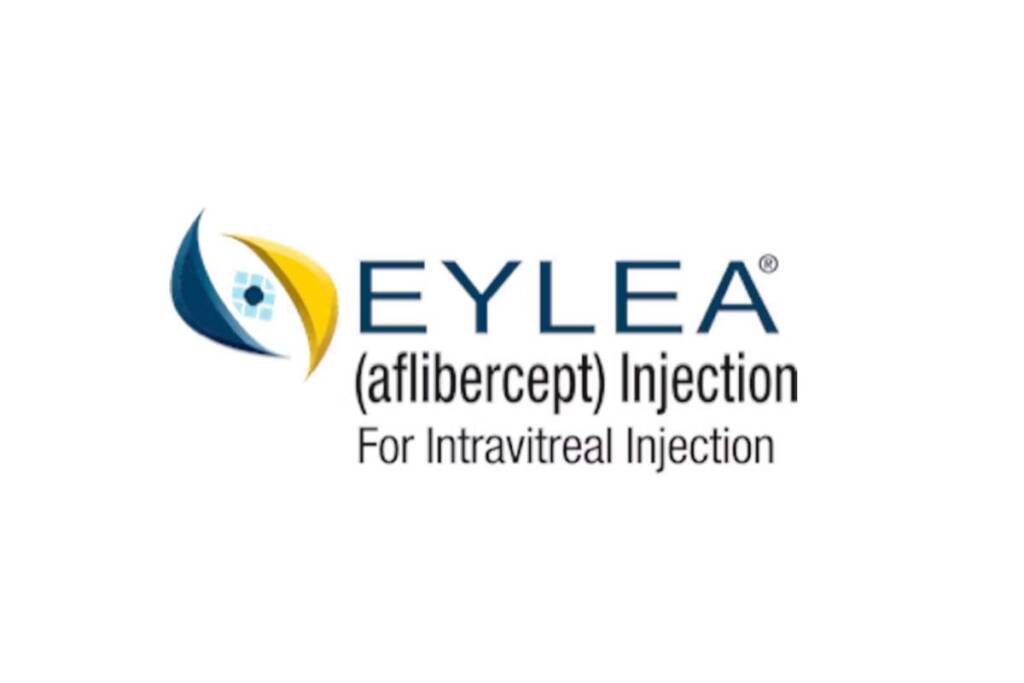Following an unexpected rejection from the FDA for Regeneron’s high-dose Eylea, the FDA disclosed issues related to cleaning and procedures at Catalent, the manufacturer associated with the rejection.
Regeneron initially attributed the rebuff to problems with an undisclosed third-party filler, which Bloomberg later confirmed to be Catalent. The FDA’s inspection in May at Catalent’s facility in Bloomington, Indiana, revealed three observations: missed sanitization procedures, equipment problems, and inadequate maintenance.
The FDA identified a manufacturing suite with a weighing device in a “deteriorated state,” peeling tape from a wall, discoloration of ceiling filters, and a cart with a rusty wheel. The agency also noticed a dented filter and an inadequately sealed door frame on a receiving dock leading outside.
Inspectors found that cleaning was neglected on certain aspects of the filling line, and there was no established maximum clean hold time limit, which would have required repeated cleaning before machine assembly, on the flexible fill line. In one instance, a “lack of good aseptic technique” was observed, along with unsanitized gloved hands.
This is not the first time Catalent has faced FDA issues. Last year, its Belgium operations received two Form 483’s within a year due to equipment problems and unverified backup data. One of the warnings led to supply constraints that impacted Novo Nordisk’s Wegovy launch. Additionally, the company underwent cost-cutting measures, resulting in hundreds of layoffs in Maryland, Texas, and Indiana. Due to reduced sales and productivity issues at three plants, its third-quarter revenues were delayed and saw a 19% year-over-year decline, amounting to $1.04 billion.
Despite the setback, Regeneron remains committed to bringing the higher-dose version of Eylea to the market. In a statement following the rejection, the company expressed its dedication to working closely with the FDA and Catalent. The rejection was solely due to filler issues, as the FDA didn’t request additional data and did not find any problems with the drug’s efficacy, safety, or labeling.
Previously, the drug demonstrated exceptional efficacy results, providing hope for Regeneron in an impending market battle with Roche’s Vabysmo. According to Regeneron President and Chief Scientific Officer George Yancopoulos, M.D., Ph.D., the high-dose Eylea is “the first to demonstrate that patients with diabetic macular edema can immediately be treated with every 12- or 16-week dosing after their initial monthly doses and experience lasting vision control,” as evident in the drug’s two-year data readout.





























